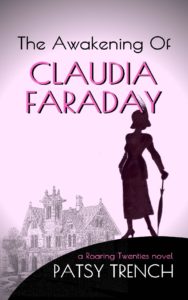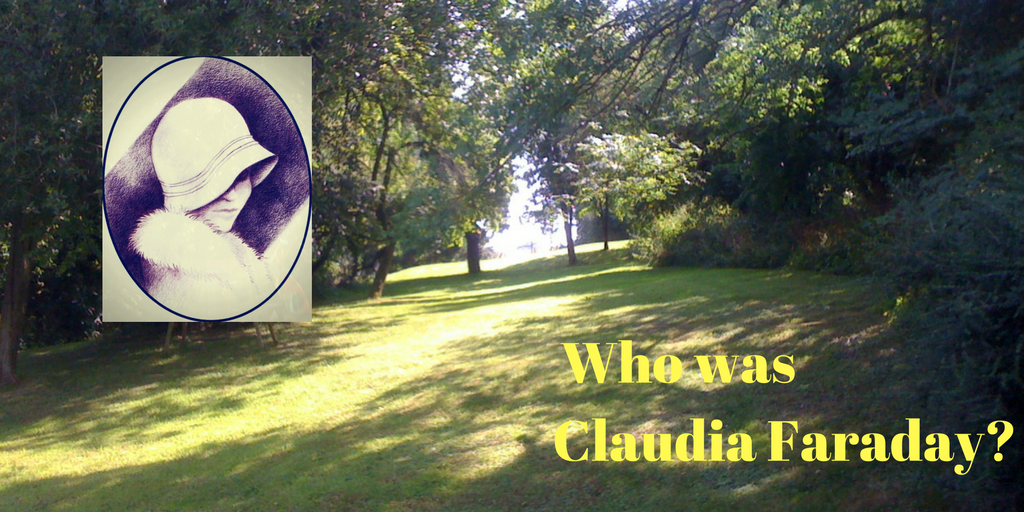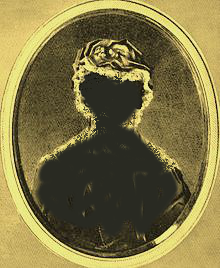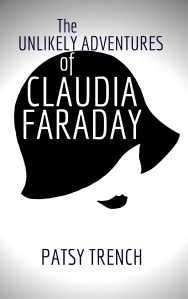Someone on BBC Radio 4 recently described Nancy Mitford – who along with Virginia Woolf’s Mrs Dalloway was the inspiration behind my first novel, The Awakening of Claudia Faraday – as ‘allergic to earnestness’.
This is spot on. Despite the fact she was writing nearly a century ago, and about that unfashionable species known as the Upper Classes, her prose is so light, and so witty, it is easy to forget she is writing often about tragic – or worse, apparently trivial – matters.
The Radlett family that features in her novel The Pursuit of Love (currently on BBC 1 on Sunday nights) is dysfunctional to its core, thanks to tyrannical, xenophobic Uncle Matthew (played with great gusto by Dominic West). He uses his children as hunting prey and abuses them, in public or otherwise, at any given opportunity. He rages about ‘huns’ and ‘wogs’ and refuses to allow any of his children to be educated. He humiliates his niece Fanny – the narrator of the book, the only one of her cousins to receive a proper education – with dogged relentlessness. If this was a modern-day family he’d have been locked up years ago and his children taken into care.

The dysfunctional Radlett family, with Uncle Matthew (Dominic West) as Father Christmas, Fanny (Emily Beecham) top step centre and Linda Radlett (Lily James) on her right
The Pursuit of Love on the surface is about the desperate desire of the central character Linda Radlett, Fanny’s cousin, to fall in love and to marry. But the book is a long long way from a romantic novel. The apparent triviality of the central theme is an example of the sort of empty, purposeless lives so many young women were forced to lead back in the earlier part of the twentieth century, when very few of them were expected, or given the opportunity, to make a career or lead any kind of independent life.
Ms Mitford’s determined lack of sentimentality at times comes across as harsh, even shocking, especially when it comes to childbirth. But what also strikes me about her is the economy of her writing. It is this economy and lightness of touch that above all I have tried to emulate in my own novels, and some reviewers have, most gratifyingly, picked up on this. My favourite kind of review is along the lines of ‘a partly tragic story told with wit and a lightness of touch’. Just the sort of thing one might say about Nancy Mitford, if I may be so bold and arrogant as to mention myself in the same paragraph as her.
The Pursuit of Love, adapted and directed by Emily Mortimer, is currently screening in three parts on BBC 1. In celebration of this I have reduced the price of Claudia for the duration of the series to 0.99c (0.99p).

© Patsy Trench
London 2021










